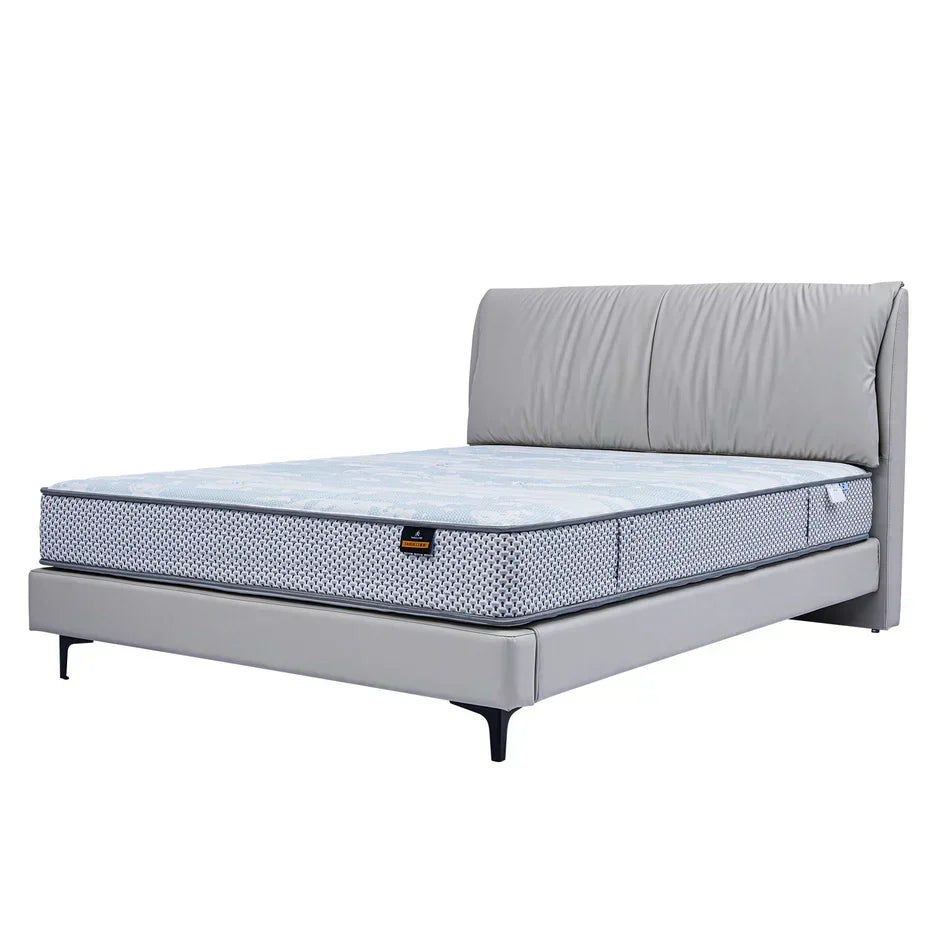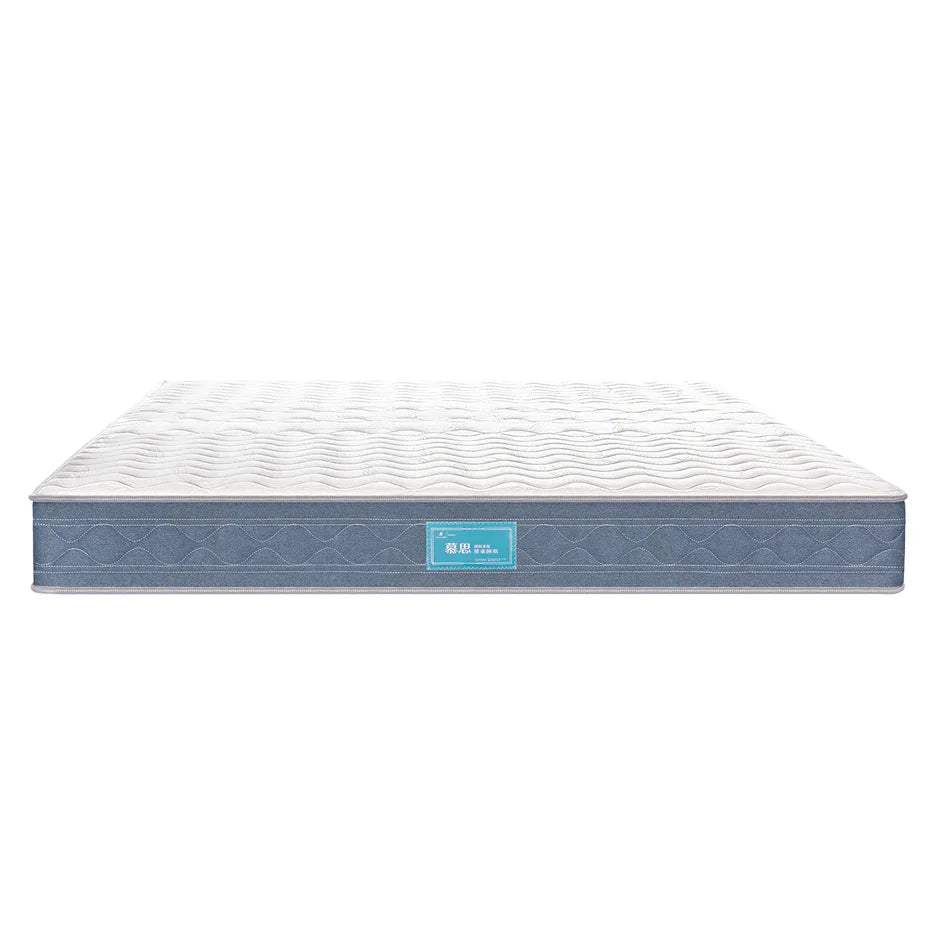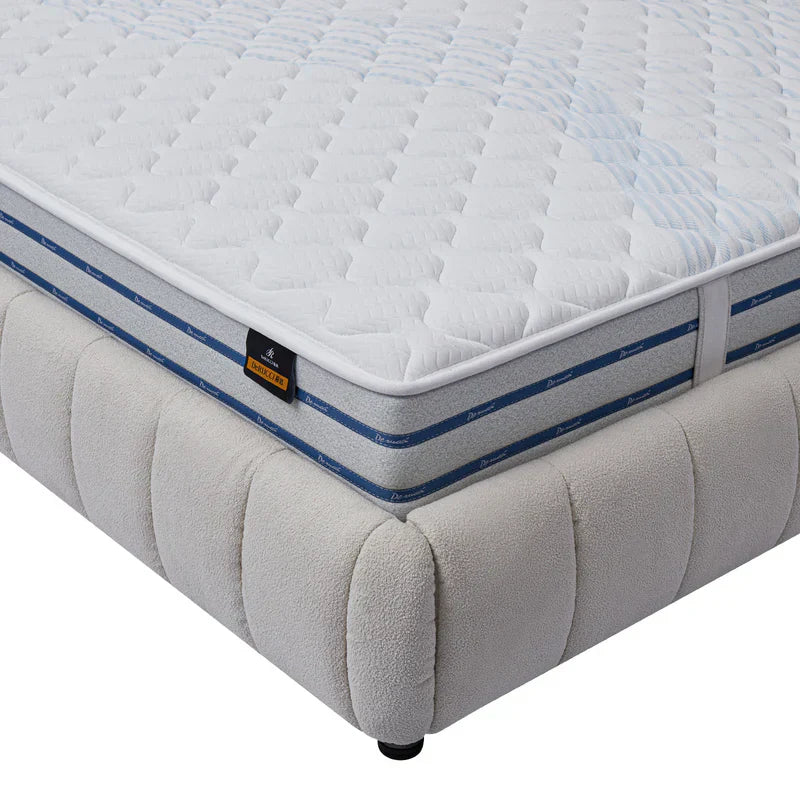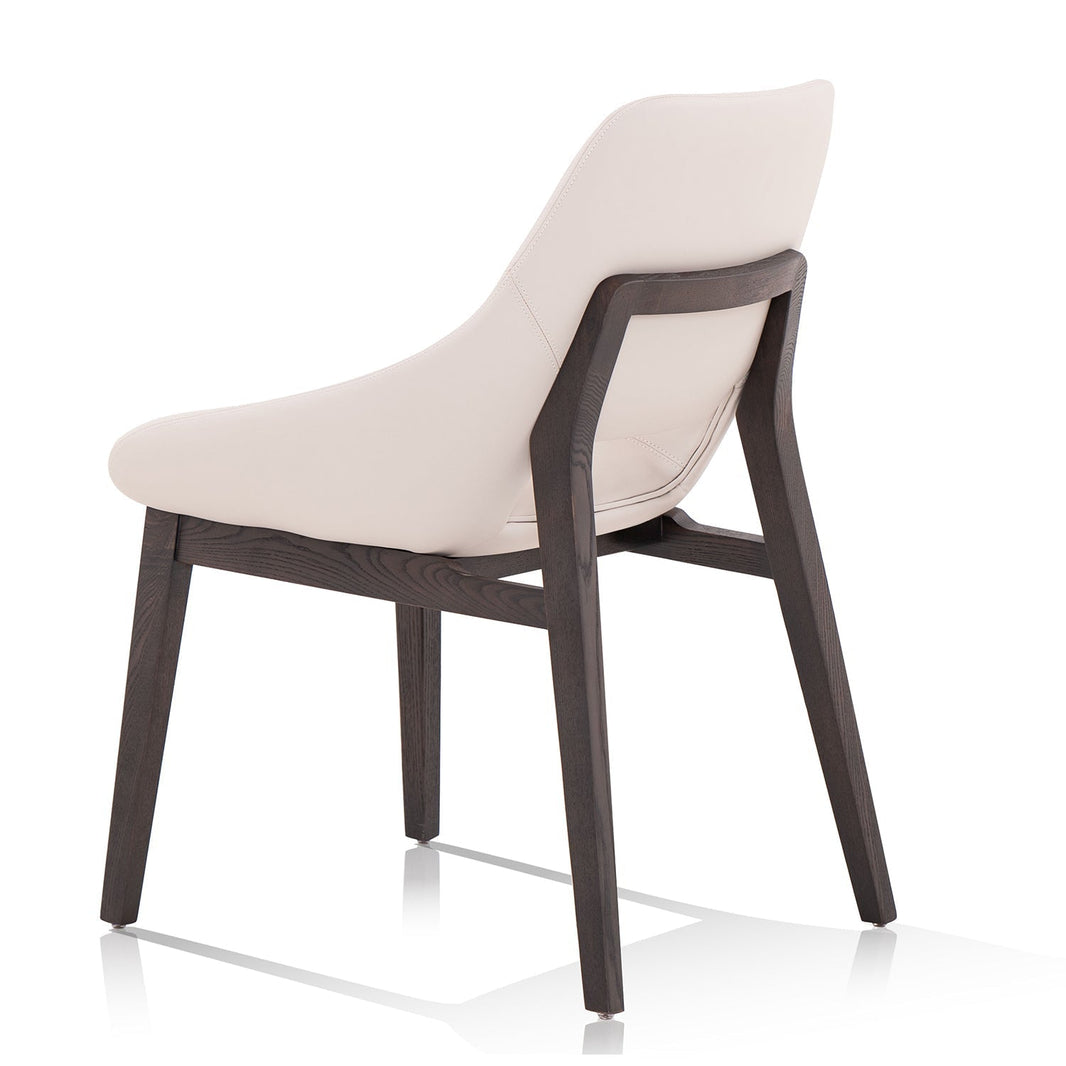Quick Answer
Not necessarily. While soft sofas can feel cozy and are perfect for lounging, they might not provide the support needed for maintaining good posture, especially during long periods of sitting. This can lead to back pain or discomfort over time. Firmer sofas, on the other hand, offer more support and durability, which can be better for your health and hold up well in high-use areas like living rooms or offices. Ultimately, the best choice depends on your comfort preferences, who will be using the sofa, and where it will be placed in your home.
Introduction
Picking the perfect sofa isn't just about looks; it's about comfort and how it fits into your life. Some people love the plush feel of a soft sofa, while others prefer the support of a firmer one. The choice can affect your posture and even your long-term health. Plus, if you have kids, pets, or older family members, their needs can play a big part in what works best for your home. Whether you're outfitting a cozy den or a busy office, understanding how different sofa types fit into these spaces is key, and that’s exactly what we’ll be covering.
Why Does Sofa Firmness Matter?
Choosing the right sofa firmness is key to finding a balance of comfort and support that suits your lifestyle. Sofas vary in softness and firmness, each offering unique benefits based on their materials and construction. Here’s how to navigate these options:
- Soft Sofas Are Cozy with Down and Memory Foam: Soft sofas often use fillings like down or memory foam. Down gives a plush, luxurious feel because it's made from the soft feathers under the birds' outer layers. Memory foam, famous for its use in mattresses, molds to your body shape for personalized comfort. These sofas are great to lie on during family movie nights or to curl up and read a book, as they offer a cozy, cushioned experience.
- Soft Sofas may lose shape and support: as much as the soft sofa can be the number one spot to relax in a living room, it sometimes leads to discomfort during long-time sitting due to lost shape and support. There is, for example, a memory foam sofa that will serve well at first but gets very soft, probably without maintenance.
- Firm Sofas Are Made to Last with Foam and Springs: Firm sofas are made of high-density foam and springs, much like good mattresses or office chairs. These help them retain their shape well and always provide consistent support. The spring systems also confer resilience, making firm sofas a smart choice for homes that have frequent guests or high-traffic areas where durability is key.
- Firm Sofas Remain Comfortable and Supportive: Firm sofas maintain their shape for a longer period of time and are far better at supporting one's back, which is the basis of good posture. They are used within formal living or spaces that value style and durability. If you find yourself enjoying that firm leather couch at your friend's place that is still comfortable after all these years, then you can be certain it's due to the materials that make it up.
How Do Sofas Impact Comfort and Health?
Selecting the right sofa isn't just about aesthetics; it's crucial for comfort and can significantly affect your health. Here’s how different aspects of a sofa can impact you:
Soft Sofas Can Cause Back Pain
Overly soft sofas often lead to poor posture because they allow you to sink too deeply, which can cause the spine to curve unnaturally. The lack of support may cause back pain or discomfort, especially if you sit for extended periods. For example, imagine having to watch a movie marathon on a plush, soft sofa. As comfortable as it would be to sit on for an hour or so, after hours you could find yourself slouching or finding a comfortable position, thus bringing on lower back pain.
Medium-Firm Sofas Support Good Posture
Medium-firm sofas balance between comfort and support, hence being ideal to keep good posture while sitting for extended periods. These sofas have sufficient cushioning to be comfortable yet adequate resistance to keep your spine aligned. For instance, if you work from home and use your sofa as an office chair quite often, then a medium-firm sofa would provide the needed support to prevent neck and shoulder strain, ensuring that your body maintains a healthier posture throughout the day.
Choose a Sofa Based on Your Comfort Needs
Personal preference also comes into play when selecting the perfect sofa, as everyone's body type and way of sitting differ. For instance, a tall and heavy person would feel more comfortable on a firm sofa that can prevent them from sinking into it too much, offering them more support all over. A small one would be more comfortable on a soft surface, which would cushion them better without swallowing them up. Moreover, if you like to stay or lie down on your couch frequently, then a recliner or sectional configuration would add to your comfort, better fitting various uses and positions.

How Does Sofa Use and Environment Affect Your Choice?
Choosing the right sofa involves considering who will use it and where it will be placed, as these factors significantly impact its effectiveness and longevity:
Choose Medium-Firm Sofas for Families with Kids and Seniors
When buying a sofa for a family that has elderly members or children, it is all about striking a balance in terms of firmness. While softer sofas are easy to jump on for kids, the same sofa could be difficult to rise from for the elderly due to its unsupportive nature. A medium-firm sofa may strike the best balance, being sufficiently soft for comfort but hard enough for older adult clients to get up from. Lastly, there is the pets factor—if any are around, the materials being used become quite a factor; leathers and tightly woven fabrics are strong and easy to maintain while rather fragile material types, like velvets, or the loosely woven type of materials in general are just the opposite.When considering durable and stylish options for families, leather furniture is worth exploring. Learn more about selecting the perfect leather pieces in our guide on How to Choose Leather Furniture: From Sofas to Bed Frames.
Select Sofas Based on Room Use and Style
The type of sofa that would work best in the space also depends on the style and functionality. For formal living rooms, reserved for entertaining guests, you could consider a firmer sofa with sleek lines and sophisticated upholstery that holds its shape over time. Casual family rooms, on the other hand, deserve softer, laid-back sofas that invite lounging around, gaming, or simply catching your favorite series.If you're working with a smaller living area, check out our Small Space Sofa Guide: Style, Fit & Arrangement Tips for ideas on how to maximize both comfort and functionality in compact spaces.
Opt for Firm Sofas in Offices and Public Areas
Sofas that are firm are in demand in offices and public areas since they can support the intense use of furniture there. In many public institution waiting rooms, for example, firm seating is used to ensure durability despite heavy usage and is relatively comfortable. Therefore, such settings require furniture that is enduring and low maintenance, and aesthetics combine here with practicality.
Get the Sofa That's Right for You
Picking out a sofa is about more than just style—it's about finding what works best for your comfort, health, and home environment. By understanding firmness levels and materials, you can choose a sofa that not only looks great but also supports your posture and stands up to everyday use. Consider who will be using the sofa, like kids or pets, and where it's going to be placed, whether in a formal living room or a cozy family area. These insights will guide you to a choice that perfectly balances style and practicality. Start your search today with these tips in mind, and find the perfect sofa that makes your home both comfortable and inviting.
Frequently Asked Questions About Choosing the Right Sofa
Q1: How do I decide between a soft and firm sofa?
It depends on the intended use of the sofa. Soft sofas are ideal to lounge around on and relax, while firm sofas provide better support and are more durable for frequent use.
Q2: Are there specific materials that are best for families with pets?
Yes, this will be wiser if you have pets; instead, go for materials like leather or closely woven fabrics, which won't easily get stained and can be cleaned very easily. Also, avoid using velvet or loosely woven fabrics as they can accumulate in your pet's hair and scratch easily.
Q3: What kind of sofa is best for someone with back problems?
As the recommendation goes, a medium-firm sofa would be ideal for those with back problems because it gives the needed support to keep good posture and is never soft. Look for sofas with an ergonomic design that offers lumbar support.
Q4: How often should I replace my sofa?
You should replace your sofa every 7 to 15 years. Check for sagging cushions, creaky frames, and worn or stained upholstery. Or if it has simply become uncomfortable, or your sofa no longer matches your style, that's reason enough to change it sooner rather than later.
Q5: Can I make a soft sofa firmer?
Yes, you can add extra support by placing plywood between the frame and cushions or using firm cushion inserts. These are only temporary solutions and may not really give the effect of a totally firm sofa.








